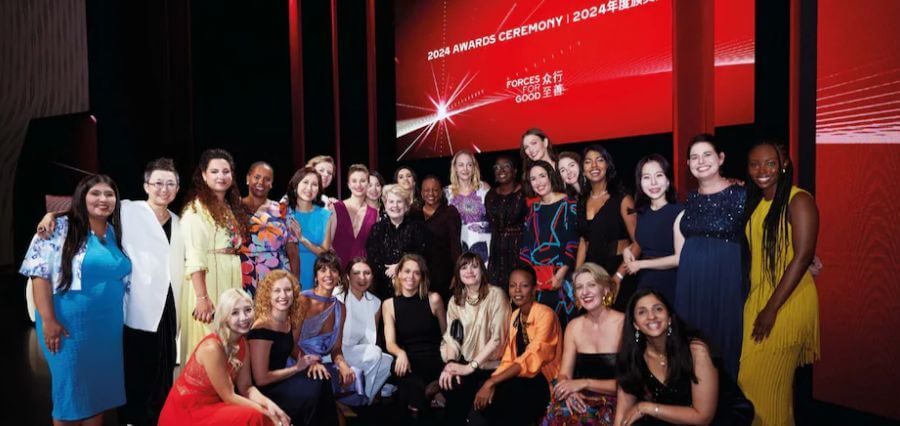In honour of the 18th iteration of the Cartier Women’s Initiative, Bazaar India delves deeply into the initiative that has aided many business owners worldwide.
In Shenzhen, China, Cartier recently commemorated the 18th anniversary of the Cartier Women’s Initiative Awards. Since its founding nearly eighteen years ago, the initiative has grown from a modest endeavour to a potent global network that supports female entrepreneurs and propels significant change around the globe. CEO of Cartier for the Middle East, India, Africa, and Turkey Sophie Doireau discussed the program’s expansion, the influence it has on female entrepreneurs, her own leadership path, and other topics.
Established eighteen years ago, the Cartier Women’s Initiative aims to assist female entrepreneurs in their global endeavours. From humble beginnings, it has grown into a thriving global community with 300 members from 66 nations. If you take into account the jury members who donate their time, energy, and wisdom to the program—providing insightful criticism that promotes development and success—it comes to around seven hundred.
Six regions were initially included, but now there are nine, and two additional awards have been added: one is centered on technology, while the other is open to men and focuses on diversity, equity, and inclusion. Internal awareness of the program at Cartier has increased dramatically. The program’s increased visibility and credibility on the outside are a reflection of its efforts to honour and assist female entrepreneurs. It serves as an enabler at Cartier, assisting women in thriving, expanding, and scaling up their enterprises.
A woman by the name of Deepal lost her spouse to cancer. She talked about how tough it was to go through cancer treatments with her spouse and how she wished to make the trip easier for those who were also afflicted. In order to facilitate exchanges in support of cancer sufferers, she established an internet portal. It is so encouraging how dedicated she was to turn her pain into a useful resource. An other illustration would be this amazing woman, Ira, who tackled the topic of menstruation hygiene. She created an adjustable menstruation cup after seeing that many Indian women and girls miss employment and education since there aren’t enough reasonably priced sanitary goods available.
Her campaign began in India and spread to the Middle East, where it had a major knock-on effect and she is currently working with the government and educational institutions to advance this approach. These tales demonstrate the power of a single thought to transform the lives of these girls and the communities in India.
For More Details: https://ciowomenleaders.com/




